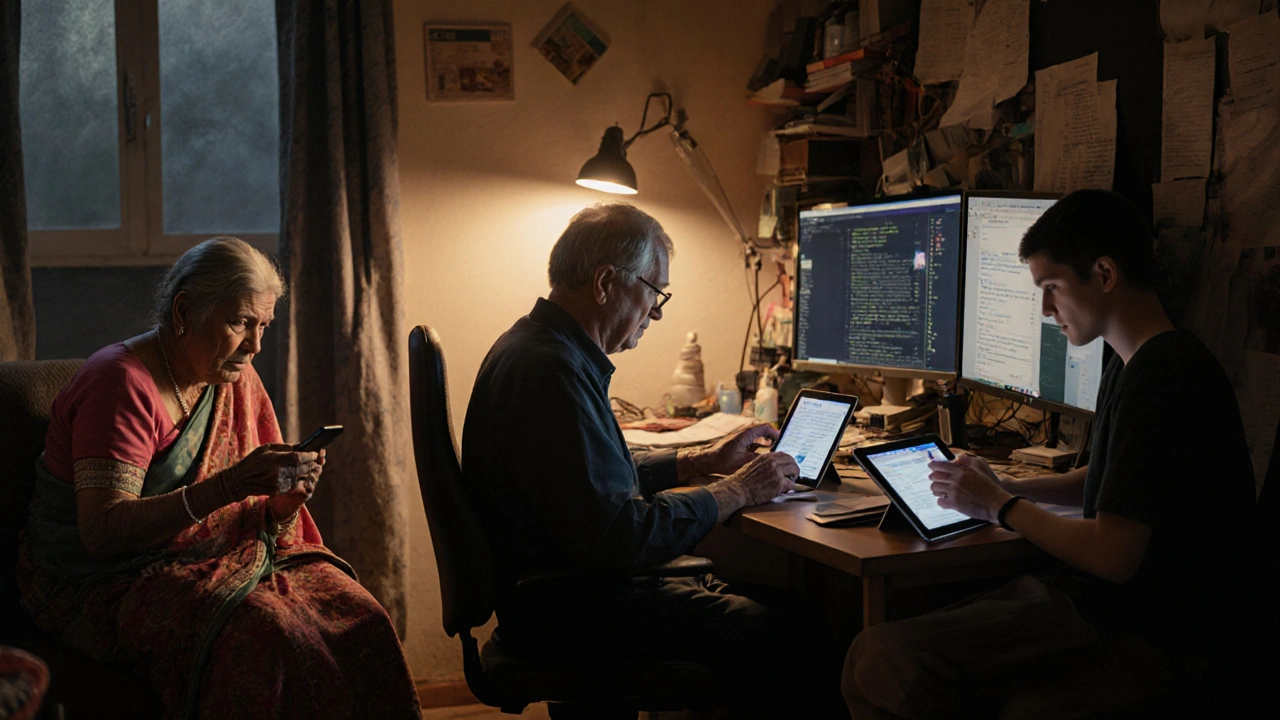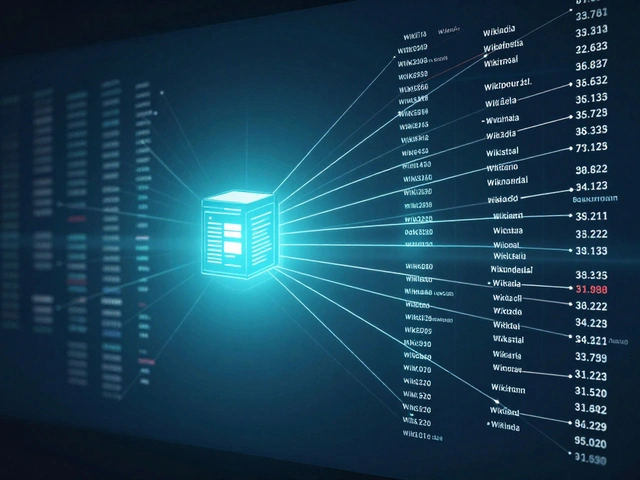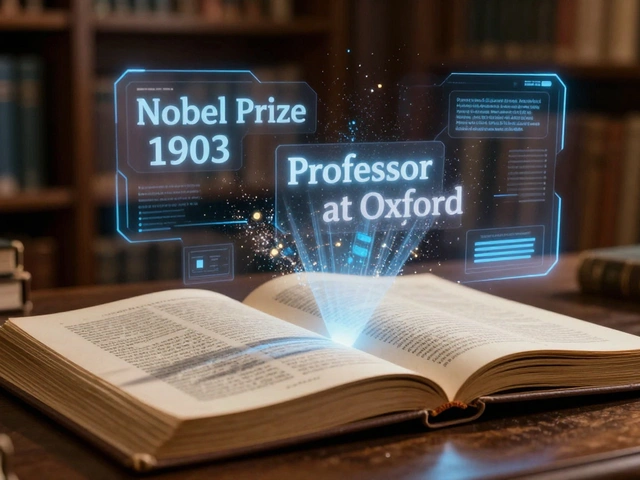Contributor Personas on Wikipedia: Who Really Edits and Why It Matters
When you read a Wikipedia article, you’re not just seeing facts—you’re seeing the work of contributor personas, distinct types of editors who shape content based on their goals, skills, and motivations. Also known as editor types, these personas aren’t just labels—they’re the real people behind every edit, from fixing a typo to rewriting a whole page. Some are volunteers who spend nights checking citations. Others are paid professionals hired to polish corporate profiles. Then there are the activists, the hobbyists, the librarians, the students, and the occasional troll. Each brings something different to the table, and together, they’re what keeps Wikipedia alive.
Understanding volunteer editing, the unpaid, passion-driven work that forms the backbone of Wikipedia helps explain why some articles feel deep and nuanced. These editors often stick with a topic for years, building expertise and trust. On the other hand, paid editing, when organizations hire people to improve or protect their Wikipedia presence brings speed and polish—but sometimes at the cost of neutrality. Then there’s the quiet majority: people who show up once to fix a broken link or update a birthdate. They don’t call themselves editors, but they’re still part of the ecosystem. These personas don’t exist in isolation. They collide. They collaborate. They argue on talk pages. And their mix is what makes Wikipedia’s content so unpredictable—and so reliable.
It’s not just about who edits, but how they edit. The person who writes about African languages on Wikipedia isn’t the same as the one fighting vandalism on a celebrity page. The volunteer who runs a WikiProject on COVID-19 isn’t the same as the journalist using Wikipedia to track down sources. Each contributor persona operates with different rules, tools, and priorities. Some rely on the watchlist. Others use grants to organize edit-a-thons. Some get harassed off-wiki. Others get invited to conferences like WikiConference North America. The system works because it’s messy. It’s not perfect, but it’s human. And that’s why it still beats AI-generated encyclopedias in trust scores. Below, you’ll find real stories from inside this world—how different types of editors shape what you read, what gets left out, and why the fight for accurate knowledge never really ends.
Contributor Personas: Typologies of Wikipedia Editors
Wikipedia is edited by diverse contributors-from detail-oriented perfectionists to global volunteers. Understanding these personas reveals how knowledge is built, maintained, and sometimes lost on the world’s largest encyclopedia.





